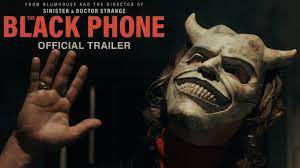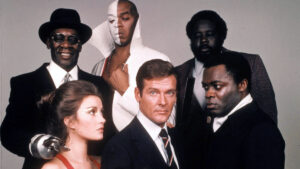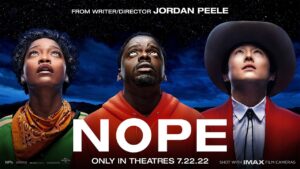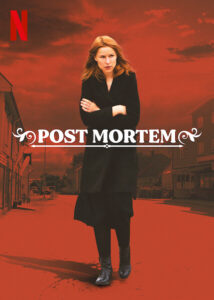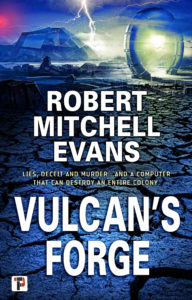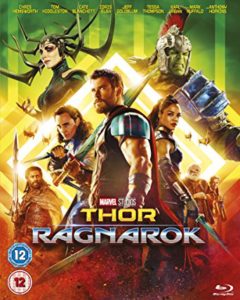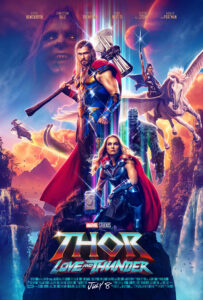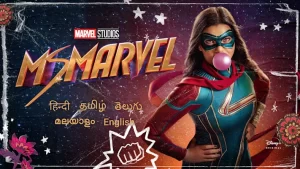From the Writer/Director team that brough us Sinister and Doctor Strange comes the cinematic adaptation of Joe Hill’s short story The Black Phone.
Set in a Denver suburb in 1978 The Black Phone focuses on a pair of siblings Finn (Mason Thames) and Gwen (Madeline McGraw), their abusive alcoholic father, (Jeremy Davies) and the child abductor/murder dubbed ‘The Grabber’ (Ethan Hawke.) Things turn dire for the brother
and sister when Finn is the next victim of the serial killer, trapped in a soundproofed basement while The Grabber taunts and terrifies the young boy. In the basement a disabled telephone, it landline wires severed, rings and voices of The Grabber’s pervious victims attempt to help Finn survive and escape his ordeal.
The Black Phone is the second horror film I have watched this year with a nostalgic view of the later 1970s, the other being Ti West’s A24 release X. While X felt like someone had been told about the 70s and reproduced the period from that secondhand dissemination The Black Phone is more authentically accurate without the jarring anachronisms, Adult as missing persons on milk container, 24-hour UHF stations, and the like, of X. This film is peppered with beloved detritus of the 70s, the TV show Emergency! and if you look closely issues of Starlog Magazine. The only real violation of the period is Finn’s miniature penlight Saturn V which was far too bright and lasted for too long for the incandescent flashlights of the era.
The performances are consistently good to outstanding. The children characters are both written and directed as realistic children avoiding the ‘overly adult’ manner often found in child protagonists. Thames and McGraw are particularly standout as actors, giving performances that make both ends. terrified and determined, of the actions credible.
Brett Jutliewicz’s cinematography is unsettling and naturalistic, capturing the gloom and cold of the killing basement while just slightly off from reality that supports the supernatural aspects of the story. C. Robert Cargill’s and Scott Derrickson’s script is tight with little wasted time, moving the story along with a clean pacing that carries the audience through the story. Not everything established is critical but everything critical is established in the film’s first act showing a proper deference to Chekov without smashing the elements over the audience’s head.
The Black Phone is a solid entry in the horror genre and well worth seeing either in theaters or at home.
